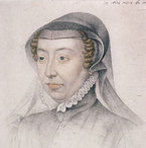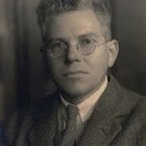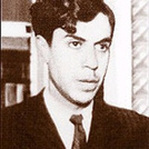|
The Château de Versailles in France is currently hosting a festival titled "The Triumph of Handel". I spent four days there to experience some of the performances for myself, and to let you all know about the wonderful work they are doing to promote this excellent Baroque composer. The first performance I attended was a concert version of the opera Alcina. Alcina is an opera full of exciting music and powerful characterisation, charting the emotional and psychological breakdown of a once all-powerful sorceress, as she loses her control of her lover, her island, and ultimately her magical powers. As such, it is one of Handel’s most engaging works. For more information about the opera, please see my previous review of Alcina from a performance at the Barbican in 2010. The title role was taken by soprano Karina Gauvin. Her rich, generous voice, coupled with her strong, vibrant chest register, made her an exciting Alcina. Encompassing the full range of human emotion, the role of Alcina is one which requires complete submersion into the character by the artist. This is not easy to do in a normal production, let alone a concert performance, where the full drama of a staged performance is lacking. Gauvin was more than able to wring every last drop of feeling from her arias, and from the recitatives where she interacted with the other characters. From her first aria, the love-struck “Di, cor mio,” to her final, calamitous cry of “O noi perdute!” Gauvin’s characterisation was sincere and intense. Her lightness of voice in “Si, son quella” was mesmerising, with some very touching pauses on the exposed notes above the stave, such as in the phrase “se amar tu non me vuoi”. Ophélie Gallard’s accompaniment on the ‘cello was beautiful, wonderfully played and very moving. “Ah! Mio cor” was truly chilling, with Christophe Rousset’s direction bringing out the stabbing rhythm mercilessly in the A section. Gauvin brought out the conflicting emotions of the “wronged” woman in the A section and the ruthless witch-queen in the B section with vivid intensity. The long lines of coloratura in “Ombra pallide” were dispatched easily by Gauvin, taking the ebb and flow of the lines with security and well-conceived dynamics. Her excellent breath-control and phrasing helped build the tension of this dark aria, which showed the witch-queen at her most unstable and insecure. “Ma quando tornerai” was all bluster and vengeance in the A section, while the B section was so needy and desperate that one could hardly believe that once all powerful sorceress had ever existed. Her heart-breaking final aria, “Mi restanto le lagrime,” brought a sincere round of applause from us in the audience. Ann Hallenberg’s Ruggiero was a revelation. Her playful lyricism was evident in the touching “La bocca vaga,” while her beauty of tone and intuitive phrasing made the simple yet gorgeous “Mi lusinga” all the more elegant. Hallenberg’s most moving aria was “Verdi prati.” I can honestly say I have never heard a better version. The warmth of Hallenberg’s voice, coupled with her fantastic use of dynamics, made this a pleasure to listen to. It takes a very good singer to make an aria this straightforward rhythmically, and with respect to range, stand out and hold its own compared to the more dynamic arias in the opera. Hallenberg is such a singer. The big aria for Hallenberg, and of the opera, is “Sta nell'ircana.” Written for the star castrato Carestini, it is one of the most challenging arias in all of Handel’s operas. Ranging from B3 to G5, running across the three registers, and with many parts lying low in the middle register, it is often an aria which can cause registration problems, resulting in vocal barking or cracking, or a loss of breath control as a consequence of pushing too hard in the lower middle register to create volume. This was not a problem for Hallenberg, her flawless technique giving her the ability to negotiate the difficult passages with apparent ease. Her ornamentation in the da capo was stunning, resulting in a rapturous applause from us in the audience. The show was stolen, for me, by the ferocious singing of contralto Delphine Galou, in the role of Bradamante. Galou has a beautiful, silky dark tone, which she uses to tremendous effect in slower arias, and a fabulous coloratura capability which invigorates faster ones. She received a huge round of applause for her dazzling rendition of “E’ gelosia,” her first aria of the evening. The fury with which she delivered her phrases, and the speed and agility showed on the coloratura lines, brought the aria to life magnificently. Galou’s characterisation was excellently done, continuing even while sitting on her chair, reacting in character to the other performers. But the best was yet to come. The killer aria in the role of Bradamante is “Vorrei vendicarmi.” Handel wrote the aria for the great contralto Maria Caterina Negri (1), who sang in no less than 11 of Handel’s operas. As the orchestra started to play, Galou set her shoulders, took a deep breath, and launched in to the most vigorous and dynamic performance of this aria I have ever heard. The high-octane coloratura and the vehemence of the delivery combined to blow our socks off. In the da capo, Galou set off with a reckless abandon, running well below the stave at points. Praise should also go to Gautier Blondel, the sole Contrabassist, who managed to power out the rumbling bass line superbly. Galou’s final aria, “All’ alma fedel” was full of smooth legato singing – a pleasure to listen to. Monica Piccinini's high, light soprano was well cast for the role of Morgana, Alcina's sister. In her major aria, "Tornami a vagheggiar," she floated above the stave easily, each staccato note lightly touched like a bell. I think there was also a D6 thrown in for good measure! The long held notes in "Ama, sospira" were solid and easily negotiated. Emiliano Gonzalez Toro has the light, sweet tenor which makes the role of Oronte such a pleasure to listen to. His lyricism was evident throughout the concert, and he produce a wonderful rendition of "Un momento di contento," which won him heart-felt applause. Olivier Lallouette was a solid Melisso, dispatching "Pensa a chi geme d'amor piagata" very convincingly. Erika Escribá-Astaburuaga was excellent in the role of Oberto, the only shame being that "Barbara; io ben lo sò" was cut short. I would definitely like to her more of her in the future. Les Talens Lyriques, under the baton of Christophe Rousset, produced a performance which shone. Their cohesion as a group, and their vibrant delivery, gave the opera a vitality which it can sometimes lack with a less dynamic orchestra and conductor. The high standard of the performers and the stunning location made this, for me, one of the most memorable performances I have attended. (1) Negri was famous for refusing to honour a one of her contracts, resisting even as grenadiers barricaded her home and threatened arrest!
0 Comments
Your comment will be posted after it is approved.
Leave a Reply. |
Categories
All
Archives
September 2014
|
MOST VIEWED POSTS
© James Edward Hughes 2013
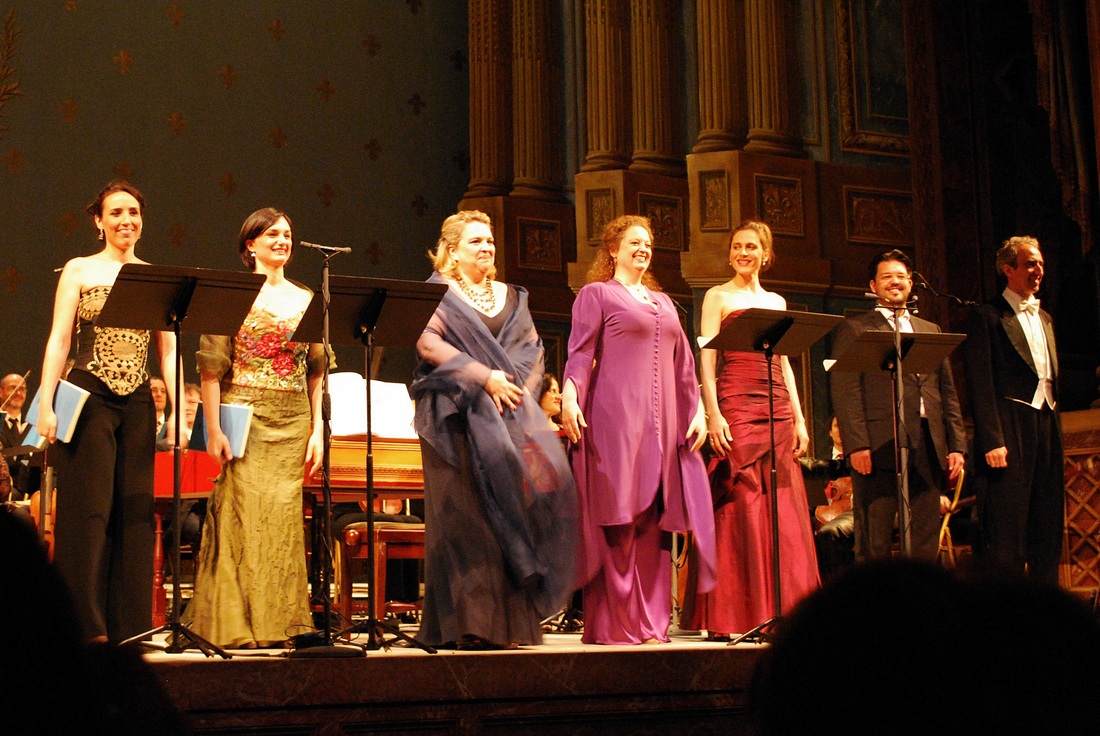
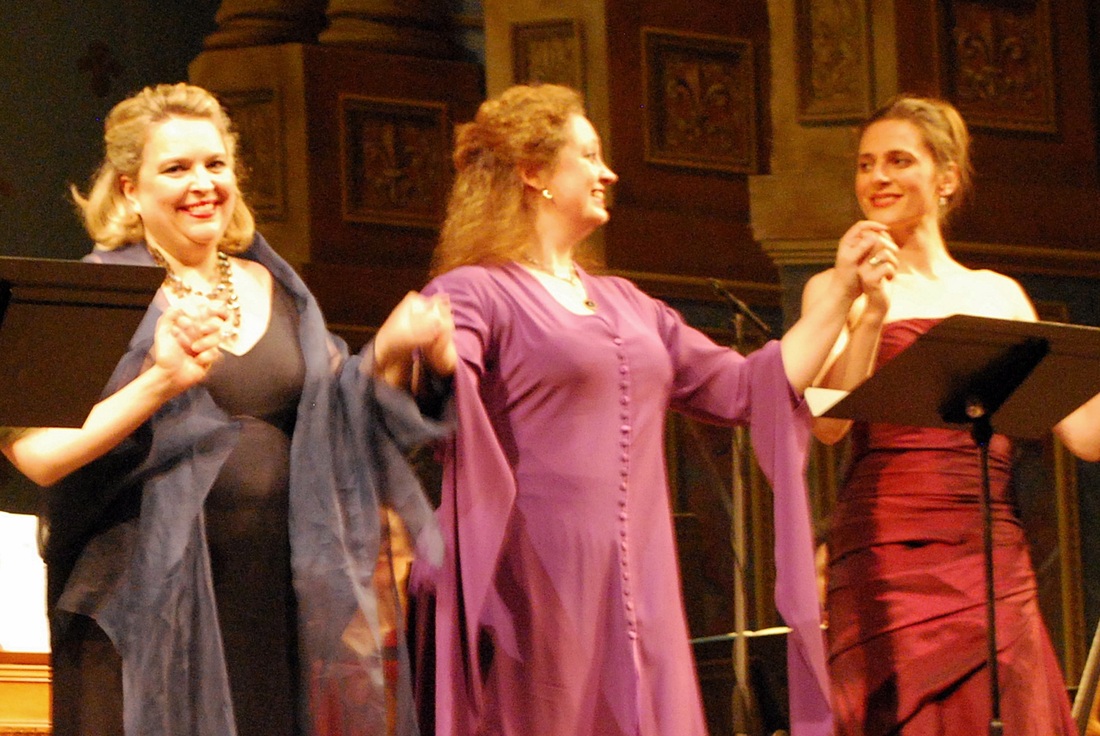
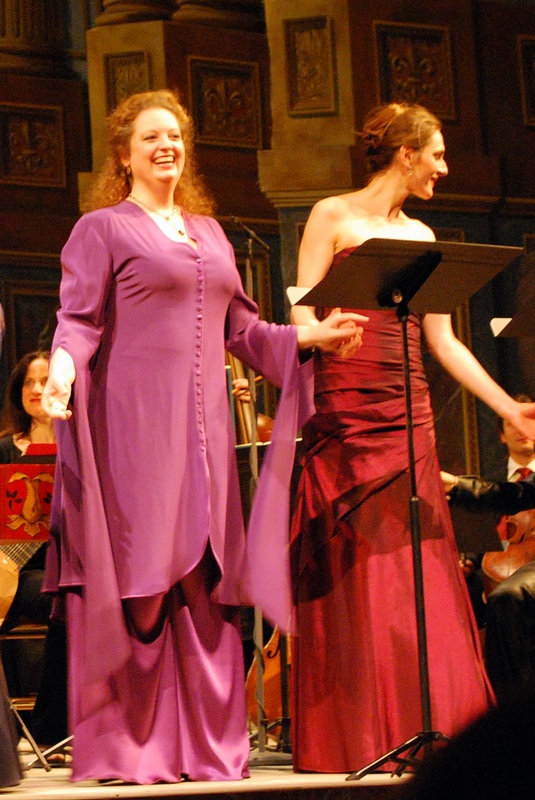
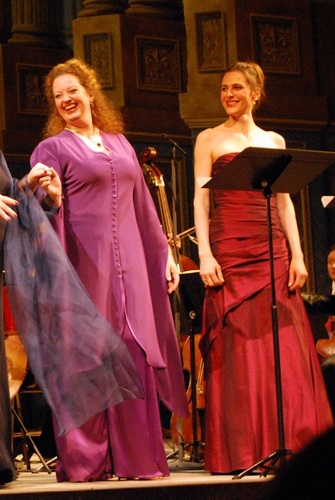
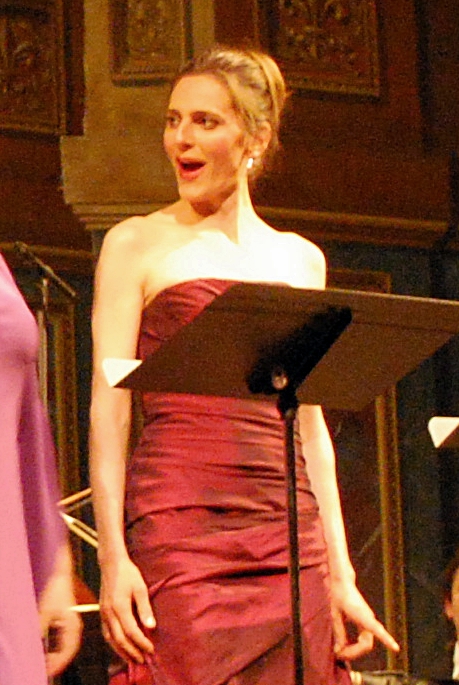
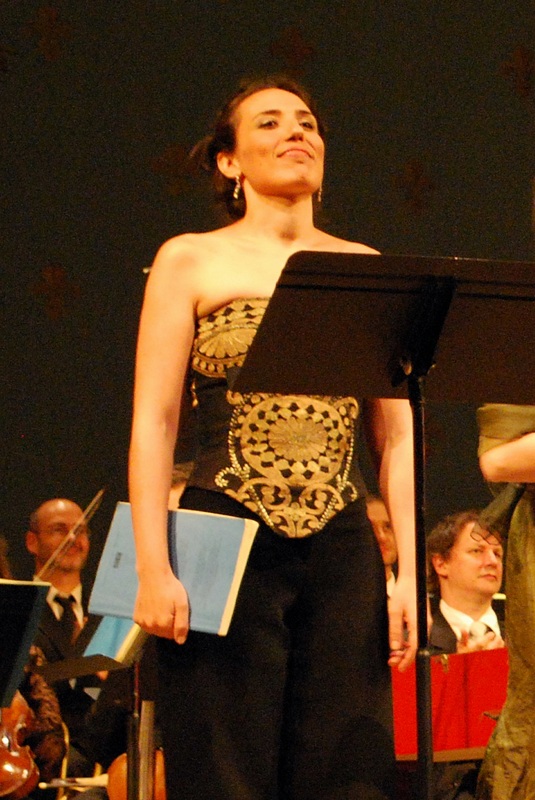
 RSS Feed
RSS Feed
